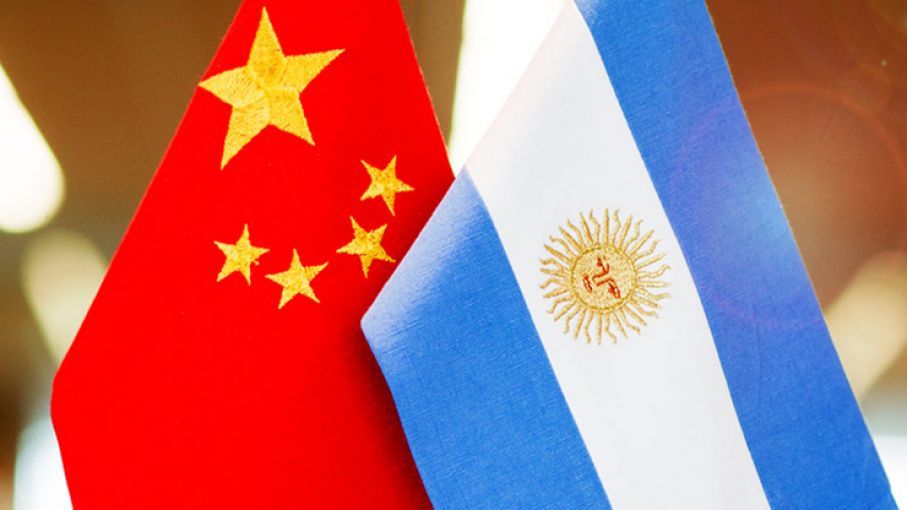China’s nuclear deal with Argentina slips again

A few minutes every morning is all you need.
Stay up to date on the world's Headlines and Human Stories. It's fun, it's factual, it's fluff-free.
Last February, China and Argentina made a nuclear deal. State-owned China National Nuclear Corp signed a contract with Argentina promising to build the US$8 billion Atucha III nuclear power plant using Chinese technology while covering 85% of the costs. This deal had been in the making since 2015 but wasn’t fully realized until this year. Back in April, though, Argentina began pushing China to fully cover the entire project since the country was looking to bring down its debt as a part of a deal with the IMF. Still, the aim was to have a viable deal by the end of this year.
But, it’s been held up once again. This time, the obstacle is Argentina’s demand that its engineers manufacture the reactor fuel right there in Argentina. If China gives in, that will make Argentina the first nation licensed to make fuel for China’s Hualong One reactor, giving their atomic program a step up. This would also show that China is willing to license technology to foreign trading partners, which would help it sell more reactors overseas. This is especially a big deal with the energy crisis in Europe, which is looking to diversify its energy sourcing away from Russia.
Key comments:
“This input reactor is going to last 60 years, the projections are 80 years, so it is an important long-term business," said Jorge Sidelnik, executive director of Argentina’s state operator Nucleoelectrica Argentina, China’s local partner in the project.
“We are trying to establish the best conditions to transfer the knowledge for making the fuel. The commercial balance for us is very important. We are also hoping that the Chinese understand that a deal with us is also a win for them because that opens more possibilities," said Adriana Serquis, a physicist and president of Argentina’s National Atomic Energy Commission.
“Beijing will obtain strategic leverage where Chinese nuclear firms do business. Chinese success in exporting nuclear equipment, technology and materials will open the road for China to replicate the success of the US in spreading its influence into the foreign, energy, and technology policies of China’s nuclear partners and clients," said Mark Hibbs, a Berlin-based analyst at the Carnegie Endowment for International Peace.




Comments ()